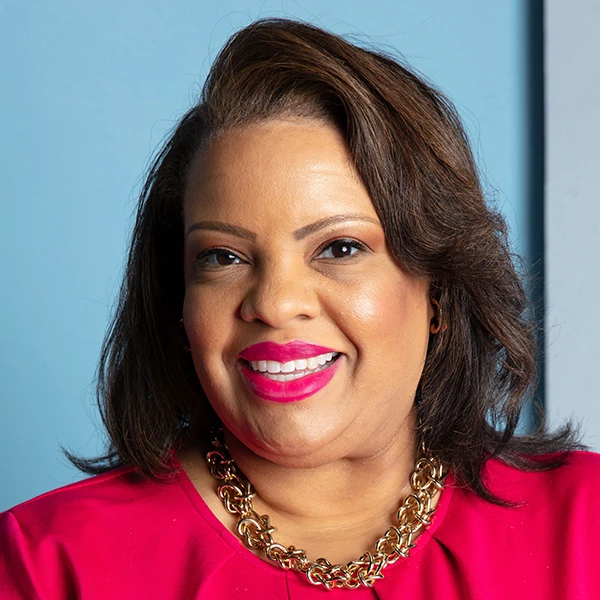Key takeaways:
While there is no standard screening for prostate cancer, the prostate-specific antigen (PSA) blood test identifies elevated levels of a protein associated with prostate cancer.
The PSA test can range from less than $100 to several hundred dollars without insurance. Out-of-pocket costs can increase if more testing is needed.
There are providers that offer free or low-cost screening options.
Prostate cancer is the most common non-skin cancer among men in the U.S. and the nation’s second-leading cause of cancer death among men. Screening for prostate cancer can be tricky. According to the National Cancer Institute, there is no routine or standard screening for prostate cancer. Screening also carries risks. In addition, a prostate cancer diagnosis before symptoms occur may not improve a man’s health or help him live longer.
What are the common types of prostate cancer screening?
Providers often use two tests to screen for prostate cancer: the prostate-specific antigen (PSA) test and the digital rectal examination (DRE).
The PSA is a blood test that measures a protein which may be found in higher levels when a man has prostate cancer. The protein also can be elevated by other conditions.
Search and compare options
The DRE is a manual test during which a provider inserts a lubricated, gloved finger into a man’s rectum to feel the prostate. The U.S. Preventive Services Task Force (USPSTF) does not recommend the DRE because there is a lack of evidence of its benefits.
How much does a PSA test cost?
Without insurance, a PSA test can range from less than $100 to more than $300 out of pocket. The blood tests can be ordered or performed by medical providers. There also are commercial labs that provide PSA tests directly to consumers.
Estimating your cost upfront may be easier now because of hospital cost transparency. Since January 21, 2021, the federal government has required hospitals to post prices for at least 300 services that can be scheduled in advance. According to the Centers for Medicare & Medicaid Services (CMS), this information must be in a consumer-friendly format. Often, a hospital will post a “price transparency file” online. This is a spreadsheet that lists services along with their corresponding prices with and without insurance. Some hospitals have also created interactive price exploration tools.
If you are uninsured, your cost may be called:
Cash price
Discounted cash price
Gross charge
Self-pay
The PSA is an initial screening. Depending on the results, you may need a biopsy of the prostate. A biopsy is a procedure that collects prostate tissue. The sample is examined under a microscope to determine if the abnormal PSA results were caused by cancer. A biopsy will cost extra.
Read more like this
Explore these related articles, suggested for readers like you.
Does insurance cover the cost of a PSA test?
Many employer-sponsored health plans, Medicare Advantage, and Medicaid plans cover PSA tests. You still may be responsible for some out-of-pocket costs.
Insurance coverage may align with USPSTF recommendations, which say that men age 55 to 69 benefit most from PSA tests. African American men and others at higher risk of prostate cancer death may choose to discuss screenings at younger ages with their doctors.
Medicare Part B covers digital rectal exams and PSA tests once every 12 months for men 50 and older. You pay nothing for the annual PSA test, but there may be an out-of-pocket expense for the doctor’s services.
The DRE is not fully covered under Medicare. Out-of-pocket costs include:
The Part B deductible ($203 in 2021)
20% of the Medicare-approved amount for the exam and the provider’s services
A copay if the DRE is performed in a hospital outpatient setting
What happens if I need a PSA test, and I don’t have insurance?
If you need a PSA test and do not have health insurance, some free and low-cost options include:
The National Association of Free and Charitable Clinics has members in more than 1,400 locations that typically charge nothing for care. These clinics can be searched by ZIP code or city and state with its Find A Clinic tool.
Federally qualified health centers, known as FQHCs, are community health facilities funded by the federal government to provide medical care in underserved areas. Also known as community health centers, they charge patients based on ability to pay.
Some hospitals and medical centers may offer an uninsured patient discount or financial assistance programs.
Safety-net hospitals and clinics are comprehensive health centers that may be called county hospitals, public hospitals, or essential hospitals. They provide services to all people, including those who lack health insurance. You can find a safety-net hospital on this state-by-state list or by searching online for a safety-net hospital in your area.
The bottom line
While there is no routine screening for prostate cancer, many providers rely on the PSA blood test and the manual DRE. If you do not have insurance and need a prostate cancer screening, consider researching your out-of-pocket costs upfront. There are also free and low-cost clinics that provide prostate screenings.

Why trust our experts?


References
America’s Essential Hospitals. (n.d.). About America's essential hospitals.
America’s Essential Hospitals. (n.d.). Our members by state.
Baylor Scott & White Health. (n.d.). Uninsured patient discount.
Centers for Medicare & Medicaid Services. (2021). Consumers.
Centers for Medicare & Medicaid Services. (2021). Hospital price transparency.
Health Resources & Services Administration. (2018). Federally qualified health centers.
Medicare.gov. (n.d.). Prostate cancer screenings. Centers for Medicare & Medicaid Services.
National Association of Community Health Centers. (n.d.). What is a community health center?
National Association of Free & Charitable Clinics. (n.d.). Find a clinic.
National Association of Free & Charitable Clinics. (n.d.). National association of free & charitable clinics.
National Cancer Institute. (n.d.). National cancer institute. National Institutes of Health.
National Cancer Institute. (n.d.). Prostate cancer—patient version. National Institutes of Health.
National Cancer Institute. (2021). Prostate cancer screening (PDQ®)–patient version. National Institutes of Health.
National Cancer Institute. (2021). Prostate-specific antigen (PSA) test. National Institutes of Health.

















